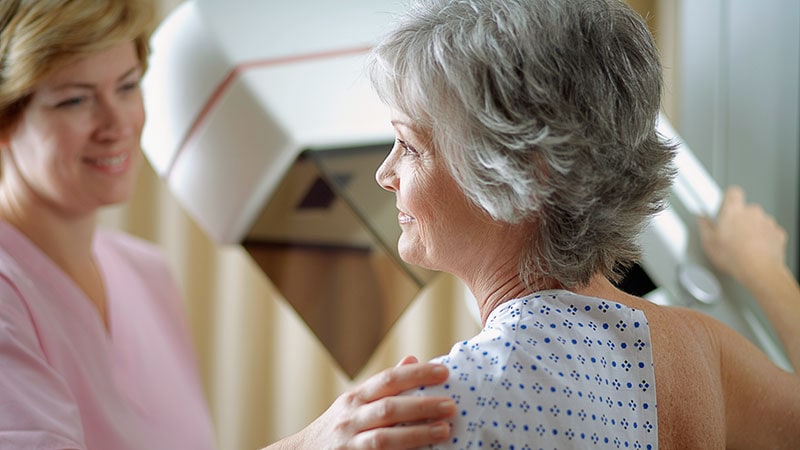Colon capsule endoscopy (CCE) could reduce the surge in demand for colonoscopy that is expected as normal NHS services resume, say researchers at Raigmore Hospital in Inverness and the University of Aberdeen.
The coronavirus pandemic has resulted in non-emergency endoscopic activity being postponed, raising concerns of increased delays in the diagnosis of colorectal cancer and a surge in demand once services resume.
This paper reviews various investigative modalities for colorectal disease which could be deployed during cessation of colonoscopy services.
CT of the abdomen and pelvis has been suggested as a triage tool while access to colonoscopy is limited. However, the authors say CT may lead to the spread of COVID-19 as patients have to attend the hospital.
Faecal immunochemistry tests have been demonstrated as a good predictor of colonic pathology and could be safely used to risk stratify patients when prioritising colonoscopy.
The authors say CCE is a safe and innovative technology for investigating the colon. Procedures can be carried out in the community and can be conducted safely during the coronavirus pandemic. It has been shown to be an accurate detector of colonic neoplasia and can reduce demand for colonoscopy.
The researchers conclude that CCE could be used to reduce the number of patients requiring colonoscopy and triage those requiring further endoscopic investigations appropriately.



